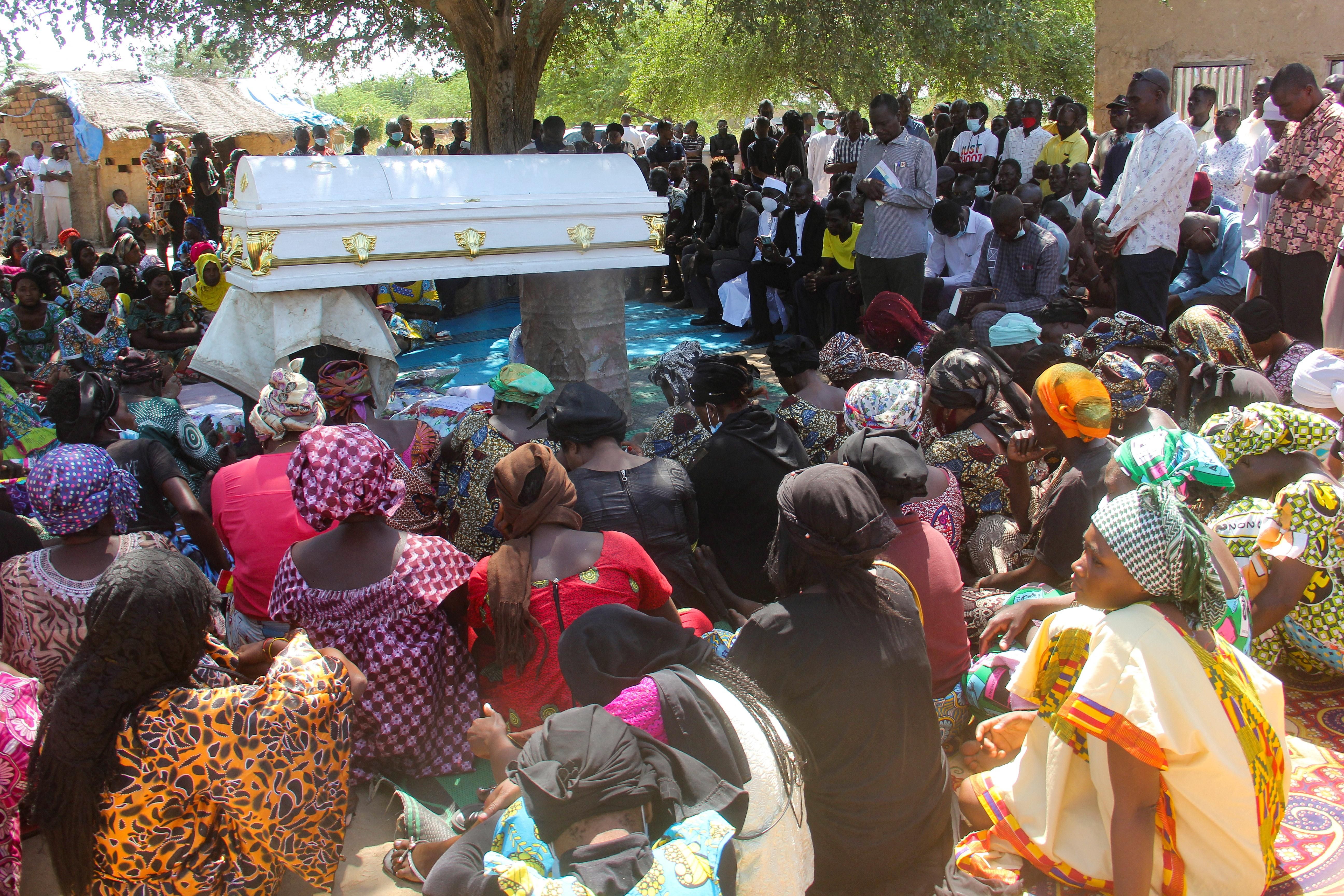Hard Numbers: Chadian protesters sentenced, Hungary punishes Ukraine, Iranian workers’ walk-out, China eases zero-COVID
262: Chadian authorities sentenced 262 people to varying jail terms for joining “unlawful” protests in October against the ruling military junta, which killed scores of demonstrators. Mahamat Idriss Déby, who took over the Central African nation in April 2021 after his strongman dad was assassinated, had promised to hold a new election within 18 months (spoiler: he didn’t).
18 billion: The ongoing rift between the European Union and Hungary worsened Tuesday after Budapest vetoed a bloc-wide 18 billion euro aid package to Ukraine. Observers say that Hungarian PM Viktor Orbán, who is cozy with Vladimir Putin, is retaliating against Brussels for withholding funds over Budapest’s alleged rule-of-law violations.
3: Iranians began a three-day mass walkout to support political prisoners locked up by the Islamic Republic for protesting against the in-custody September death of Mahsa Amini. Shop owners and truck drivers across more than 40 cities ditched work and hit the streets just days after the state prosecutor said that the government was reconsidering revisions to the country’s draconian modesty laws, a claim no one is taking seriously.
10: The Chinese Communist Party announced 10 new steps to relax its zero-COVID protocols, including ditching state-required quarantine facilities. This comes weeks after thousands of Chinese protested against Beijing’s containment policy, reflecting the biggest show of dissent in the country in decades.